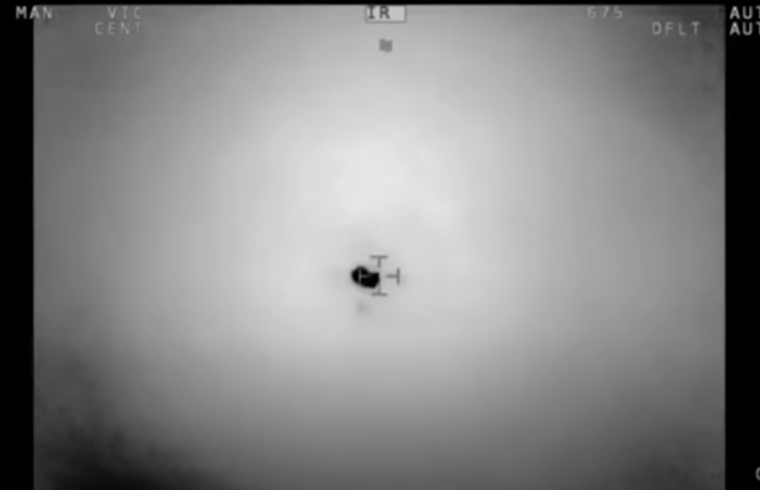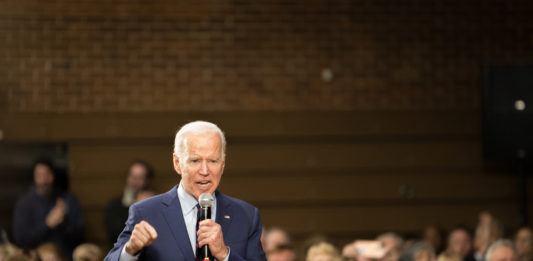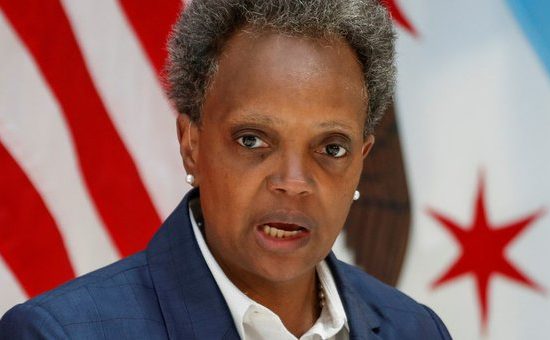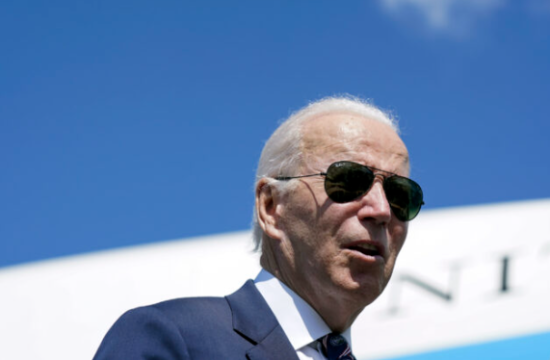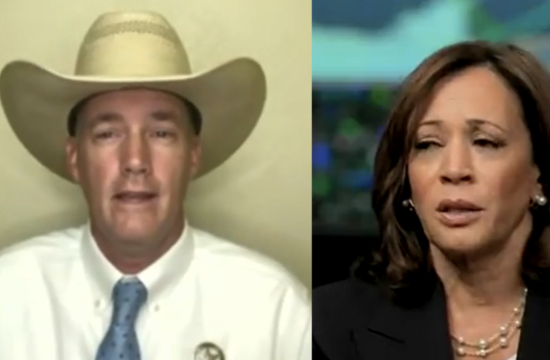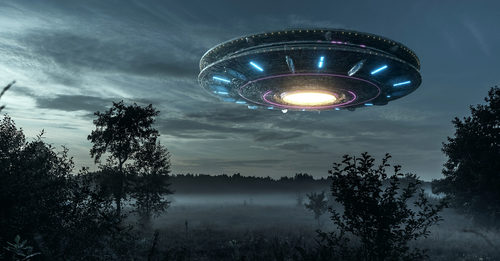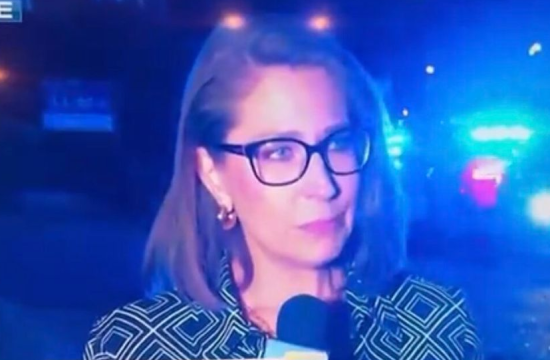National security authorities are still not taking seriously reports of highly advanced aircraft of unknown origin violating protected airspace, according to lawmakers who have received the most recent covert briefings on UFOs.
Three people with direct knowledge confirmed that members of the Senate Intelligence and Armed Services committees received classified progress reports in recent weeks on a series of new data collection efforts the Pentagon and spy agencies are now required to pursue to more rigorously investigate reports of UFOs.
However, some of the bill’s main proponents want more analysts and monitoring systems dedicated to discovering the planes’ origins rather than merely more reports of their existence.
Sen. Kirsten Gillibrand (D-N.Y.), a member of both committees, has labeled the phenomenon a serious concern and expressed her public discontent with the reaction for the first time.
The briefings came four months after Congress enacted the National Defense Authorization Act, which mandated that the Pentagon establish the Anomaly Surveillance and Resolution Office.
The agency was given the power to pursue any resource, capacity, asset, or procedure to examine unexplained aerial phenomena, also known as UFOs. It is expected to be fully functioning by June.
According to the legislation, the Pentagon office is responsible for devising an intelligence gathering and analysis strategy to learn as much as possible about the technical and operational features, sources, and intents of unexplained aircraft occurrences.
This entails locating people within the government who can respond quickly to situations or patterns of observations.
President Joe Biden signed the measure into law, which also mandated an annual report and semiannual briefings for Congress, detailing all UAP occurrences involving military nuclear assets, such as strategic nuclear weapons and nuclear-powered ships and submarines.
Deputy Defense Secretary Kathleen Hicks recommended the construction of an Airborne Object Identification and Management Synchronization Group to manage the stepped-up effort and establish the permanent UFO office requested by Congress in response to Congress’s directive.
Its responsibilities include standardizing UAP incident reporting across the military and gathering and analyzing more data.

